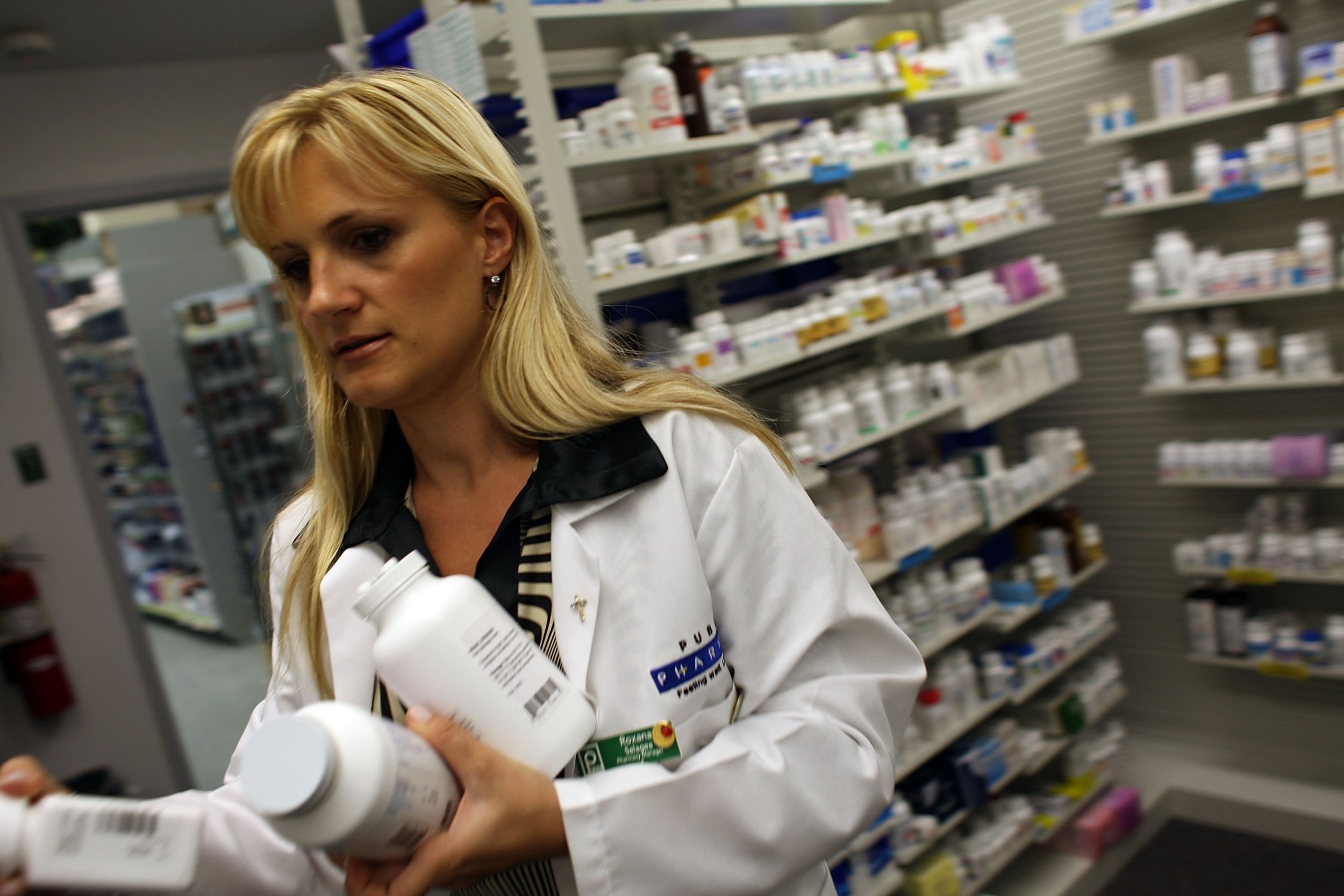
Scientists have been saying for decades that antibiotics are doomed, fated to soon become useless through overuse. But antibiotics might meet their fate even sooner from an entirely separate problem: fragile supply systems.
That's according to a new report released today by the Access to Medicine Foundation, a nonprofit organization based in the Netherlands that works to convince pharmaceutical companies to cater more to the needs of people in less developed countries.
"Antibiotic shortages are occurring because the antibiotics market just doesn't work well enough," foundation director Jayasree Iyer said in a press release. "Pharma companies need to be incentivised to keep producing antibiotics. There is definitely no easy fix."
The supply chain issues don't only affect less developed countries, they endanger health across the globe. For example, the report notes the ongoing shortage of a form of penicillin that prevents babies from catching syphilis from their mothers in the womb.
The drug is cheap to purchase, but drug companies have to meet high standards to make it safely—so many simply don't bother to make it at all.
And that drug is not alone: The foundation reports that the U.S. saw 148 significant antibiotic shortages between 2001 and 2013.
According to the foundation's report, those shortages tend to be caused by supply chain problems, which tend to result from a lack of interest on the part of pharmaceutical companies, the report continues.
One key factor is that people only take antibiotics for a short period of time, just until an infection clears. That makes antibiotics, particularly those with low prices, less profitable for companies to sell, a key problem leading to global shortages.
But the antibiotics problem that catches all the headlines also shapes this challenge: Because of concerns about bacteria developing resistance to medications, new drugs are often used only when nothing else works. That too makes them less attractive options for pharmaceutical companies to produce.
The report argues that the solution lies in companies and governments coming together to think more carefully about the drugs people around the globe might need in the near future. That would also keep doctors from prescribing alternative drugs—and that in turn could reduce pathogens' ability to develop the resistance to antibiotics that is so frightening.
Uncommon Knowledge
Newsweek is committed to challenging conventional wisdom and finding connections in the search for common ground.
Newsweek is committed to challenging conventional wisdom and finding connections in the search for common ground.
About the writer
Meghan Bartels is a science journalist based in New York City who covers the science happening on the surface of ... Read more
To read how Newsweek uses AI as a newsroom tool, Click here.






